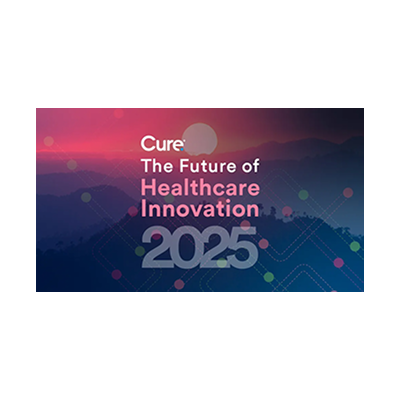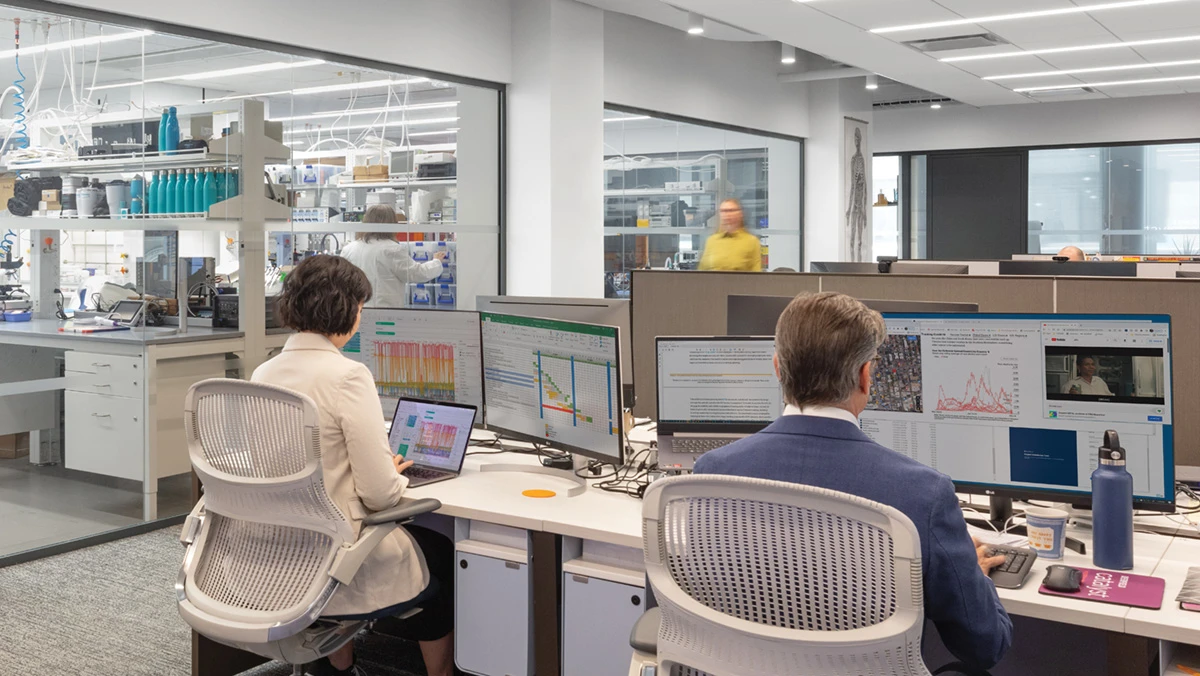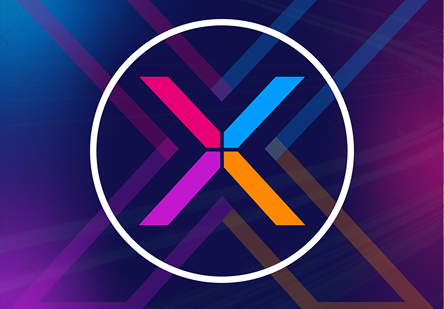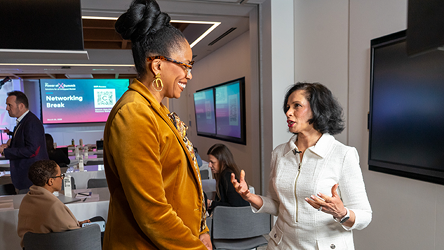August 22, 2025
Article
Consumer Tech Turns to AI to Compete as Health Companies
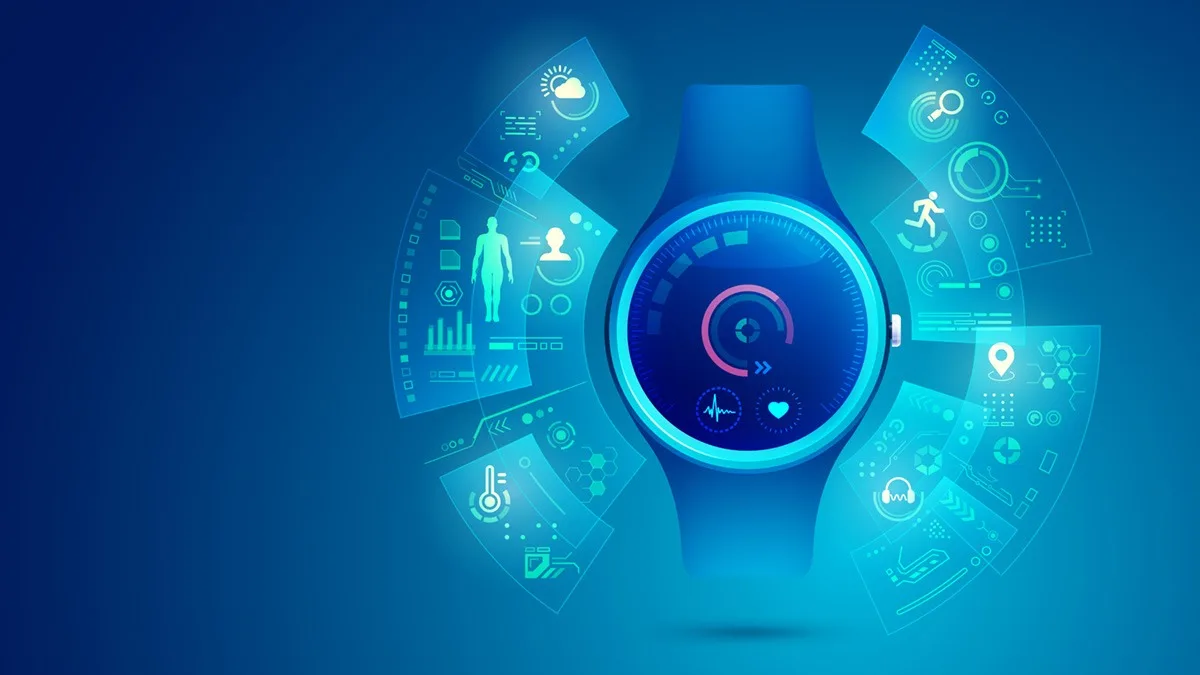
From wearables to smart beds, consumer brands are adding AI, clinical validation, and FDA filings to move into healthcare
Being “smart” isn’t cutting it anymore. Consumer gadgets are adding AI to turn basic devices into tools that promise health benefits, with some are aiming for FDA approval. Companies are now adding features that claim to flag risks, guide care and feed clinical studies.
The latest example of this trend is Eight Sleep, which raised $100 million to transform its bed into an “AI-powered sleep-optimization and preventive health device.” The company says it will seek FDA approval for certain medical conditions. The trend comes amid a surge of interest and investment in all things AI as well as digital health (see “AI-Powered Companies Dominate 2025 Digital Health Funding.”)
“This new funding enables us to accelerate the deployment of AI for sleep optimization, expand into medical applications like menopausal sleep and sleep apnea, and bring our technology to millions of people around the world,” said Eight Sleep CEO and Co-Founder Matteo Franceschetti in a news release. “This is the next frontier: AI that doesn’t just track you, it understands and adapts to you in real time.”
‘AI Plus Health’ on Display at CES
The shift is being pushed by three forces: better sensors at home, AI that can better read and analyze continuous signals like sleep, heart rhythm and breathing, and clearer FDA guidance for using patient-generated data in trials and approvals. Investors are rewarding that mix, with AI-enabled startups capturing 62 percent of U.S. digital-health funding in the first half of 2025.
Several startups showed their own versions of “AI plus health” at CES 2025 (see “Breaking the Blood Barrier in Metabolic Care at CES 2025,”). Companies like January AI previewed an app that uses generative AI to predict a person’s blood sugar response. Apollon demonstrated a wrist-worn, noninvasive glucose monitor. Korea I.T.S. introduced QuickGly, a device that measures A1C, a long-term glucose marker, without a finger prick and in real time. PreEvnt’s isaac used breath analysis to alert users to glucose changes.
The device market is big and still growing. Analysts peg the 2025 wearables market at around $100 billion this year, with earbuds and headphones leading the category by volume, with smartwatches close behind. Zooming out to consumer tech overall, sales are expected to hit about $1.3 trillion in 2025, showing signs of a mature market looking for growth, which helps explain why AI-forward health features are getting so much attention.
AI Investors See Green
Smaller companies and startups are pulling in fresh capital to bring AI into everyday health gear. In May, cuff-free blood-pressure company Hilo raised $42 million to expand its platform. Sava Technologies raised $19 million Series A in July to advance a noninvasive glucose-monitoring wearable and scale toward approvals. Light AI went public in December, raised $18.5 million in January and announced a partnership with online influencer “MrBeast” in February to launch a Strep A test donation initiative in Africa.
Some teams are turning to public crowdfunding. Naqi Logix, which makes “neural earbuds” to control devices hands-free, is raising money through a 2025 Regulation A+ offering. Its campaign page shows millions already committed and an SEC filing for the round.
Consumers’ Trust in AI for Healthcare is Growing
Consumers are cautiously embracing AI in healthcare, with many turning to it for medical information and advice. According to a recent nationwide survey, 39 percent of Americans say they trust AI tools like ChatGPT to help them understand medical issues. This growing acceptance spans across age groups, with middle-aged Americans showing the strongest confidence rather than younger digital natives as might be expected.
The shift in sentiment has been driven by convenience and frustration. The survey showed 43 percent of respondents using AI to get faster answers to their medical questions, while 34 percent felt their symptoms were not taken seriously by medical professionals, and one in four reported being misdiagnosed or experiencing delays in diagnosis.
“Generative AI is opening up new opportunities for people to engage with health topics on their own terms,” said Neal Kumar, MD, a dermatologist and co-founder of ConciergeMD, in a news release. “That’s a positive trend, as long as it’s paired with guidance and follow-up from real healthcare providers. It’s not about replacing doctors, but about giving people another layer of support to feel more confident and informed about their health.”

